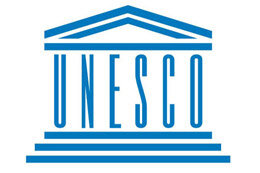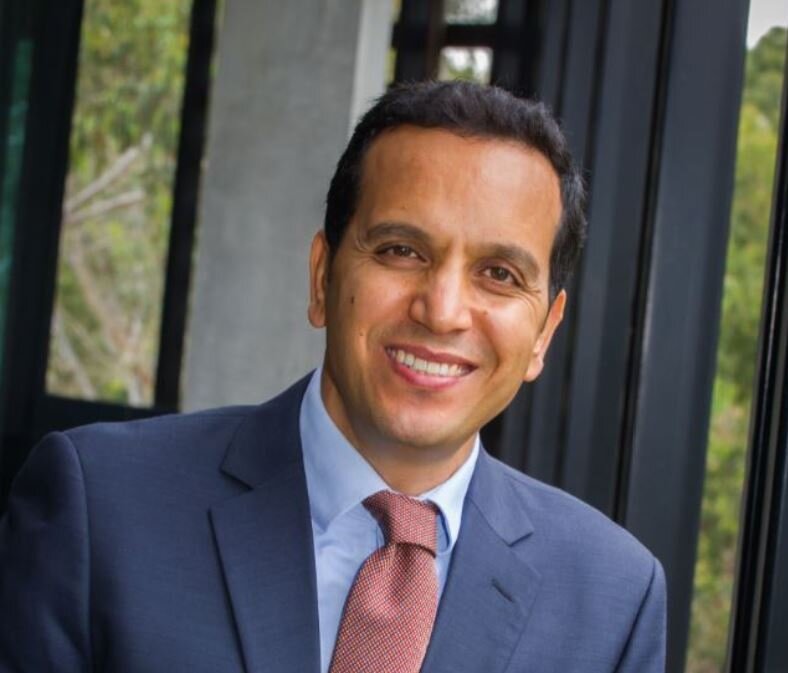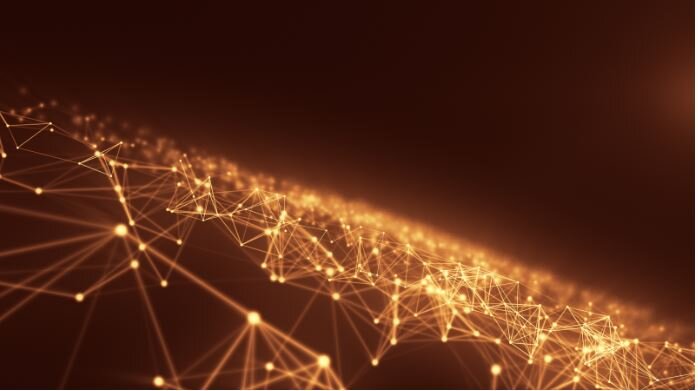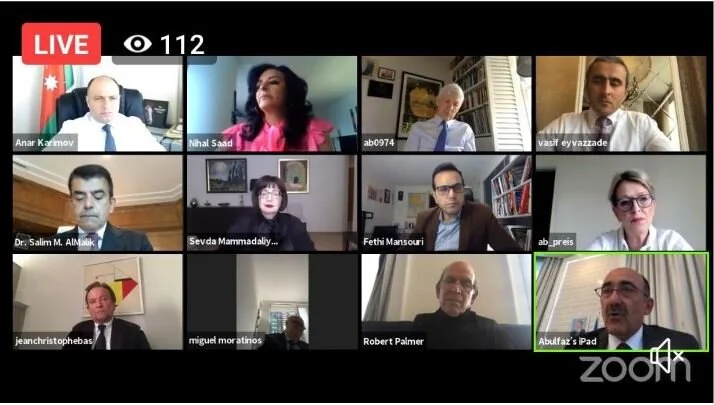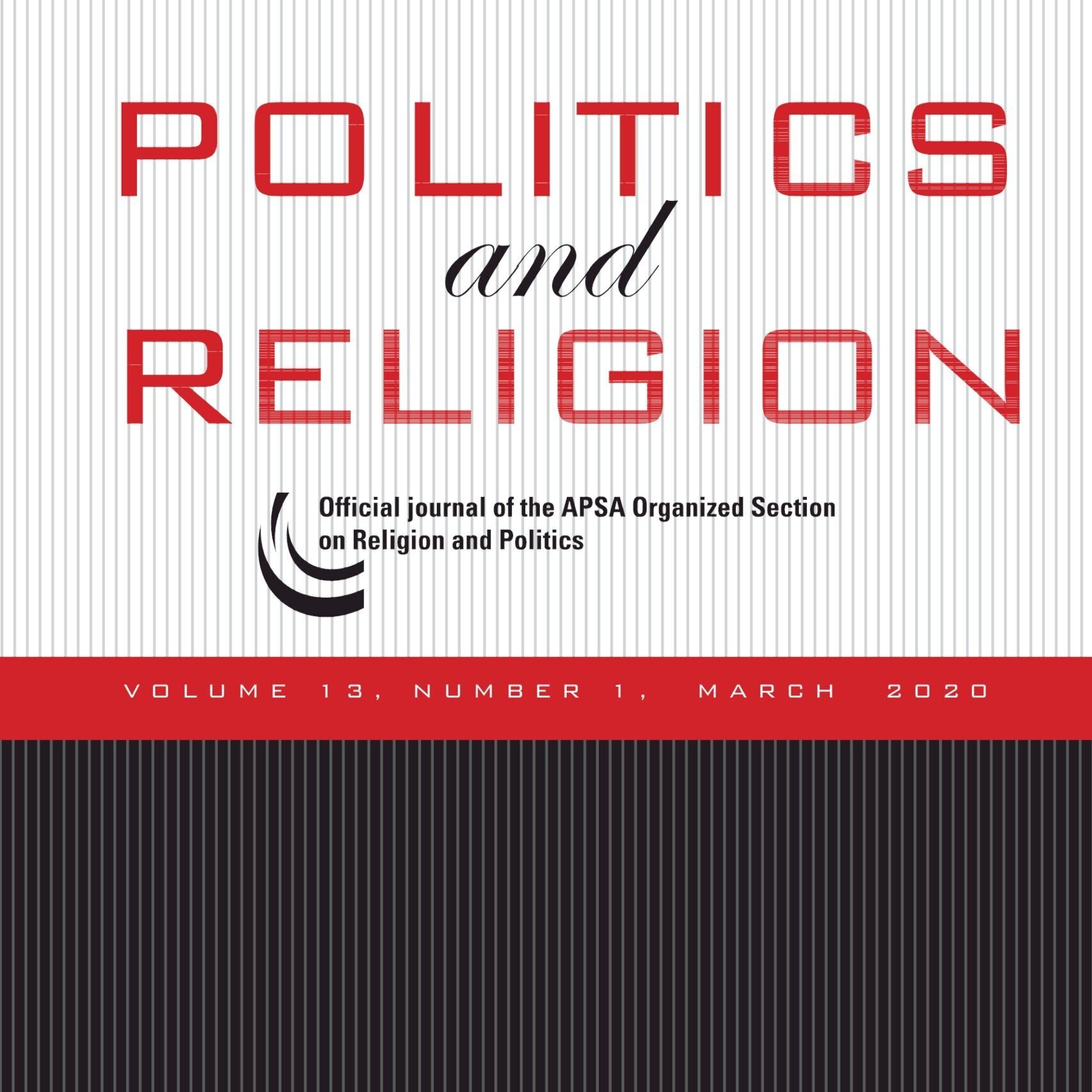News
New Briefing Paper: The Socio-Cultural Impact of Covid-19: Exploring the Role of ICD in Emerging Responses
Through inductive exploration of authentic, local, community responses to the COVID-19 crisis, this brief examines the new context in which the ICD agenda is being pursued, complementing the many existing quantitative analyses of the socio-cultural impact of the pandemic
Webinar : UNESCO webinar on Media and Information Literacy and Intercultural Dialogue
On Thursday 6 August, UNESCO and UNAOC Media and Information Literacy and Intercultural Dialogue University Network held a webinar to discuss the response to the Covid-19 Webinar Series with the topic of “When global citizens face a global crisis: Linking up solutions for deeper change”.
Panel Discussion: Do Interfaith and Intercultural dialogue initiatives effectively stand against Racism?
Professor Fethi Mansouri joined a panel discussion on Racism and Dialogue in an online webinar organised by Blue Star Intercultural Centre and Australian Centre of Christianity and Culture, Charles Sturt University on the evening of Thursday 23 July 2020.
Radio Interview : "National interest comes first" : Professor Fethi Mansouri confident Australian exports to China will continue despite tension
Professor Fethi Mansouri was recently interviewed by Jamileh Fakhri on SBS Arabic24 Radio.
To listen to the full interview in Arabic, please click here
New Article : A Systematic Review of Studies on Interculturalism and Intercultural Dialogue
This paper reports the findings of the first systematic literature review (SLR) of studies on the intercultural approach as captured by two inter-connected articulations: interculturalism (IC) and intercultural dialogue (ICD).
The socio-cultural implications of Covid-19
Worldwide, the COVID-19 response has been largely premised on physical distancing, though this has, unfortunately, been discursively referred to in formal and informal discourse as social distancing. There is a big difference between the two concepts, with physical distancing not necessarily precluding social connectedness, whereas social distancing unavoidably presumes disconnectedness.
New Article : Beyond (mis)recognition: Muslim youth and religiosity in Australia
Scholarship on Muslim youth is increasingly recognising the different ways they negotiate fluid, hybrid and individualised identities alongside minoritised identities that stem from a politics of mis-recognition. However, less attention has been directed towards understanding how these seemingly contradictory processes might simultaneously arise within culturally diverse societies that have defined frameworks for managing diversity.
Radio Interview : Global implications of Covid-19
Professor Fethi Mansouri was recently interviewed by SBS Arabic 24 Radio for his perspective on the global implications of Covid-19 and how Australia is responding thus far.
New Article : Youth and Political Engagement in post revolution Tunisia
Tunisia, the birthplace of the ‘Arab Spring’, has emerged as the only credible story of political transition and democratic consolidation across the region. However, ongoing challenges are tempering the euphoria of the early emancipatory mantra of freedom and dignity
Advancing a new social contract in the post Covid-19 era
New forms of solidarity and dialogue are emerging at a time when social distancing seems to be the only efficient blockade to the pandemic. At the same time, massive economic disparities and access to health care are being pushed to the limit, with inevitable consequences on the rise of racism and discriminations... Are we ready to engage in a new social contract in view of the post-COVID-19 era?
UNESCO Interview
Recently, Professor Fethi Mansouri was interviewed by UNESCO in his role as UNESCO Chair for Comparative Research on Cultural Diversity and Social Justice and Director, Alfred Deakin Institute for Citizenship and Globalisation, Deakin University, on the global effects of COVID-19
Imagining diversity and intercultural relations in a post-COVID world
COVID-19 is proving to be a truly transformational global crisis that is changing and will continue to change the way our social lives are structured and lived for years to come, if not permanently.
Ramadan Conversations
On Saturday 2 May, Professor Fethi Mansouri was a guest panel member for an episode of Ramadan Conversations organised by the Australian Intercultural Society and the Dialogue Institute of Australia.
"Baku Process" Virtual Meeting
On Thursday 23 April 2020, Professor Fethi Mansouri participated in the first virtual meeting of the Baku Process with various UN agencies and global partners to discuss the COVID-19 crisis and its repercussions to international cooperation and cross-cultural dialogue.
Building capacity for Tunisian NGOs working with disadvantaged communities post-"Arab Spring"
Using both primary and secondary data as well as targeted capacity-building workshops, the project aims to address the challenges NGOs face in marginalised areas in Tunisia that have suffered from cumulative and multiple forms of disadvantage.
New Article : Islam and Muslims in Australia : The Social Experiences of Early Settlement and the Politics of Race Relations
“Hello, brother” were the last words uttered by Haji-Daoud Nabi, an elderly man who opened the doors of a Christchurch mosque in New Zealand in March 2019. Moments later, he was shot down and killed in a brutal terrorist attack carried out by an Australian white supremacist.
New Article : Diverse worldviews education and social inclusion: a comparison between Finnish and Australian approaches to build intercultural and interreligious understanding
This paper first examines the key concepts of superdiversity and religious complexity in contemporary societies. It then presents an overview of scholarship pertaining to the concepts of worldviews and worldviews education. It next provides case studies of worldview/s education in Finland and Australia, drawing on data of recently completed qualitative and quantitative studies in the two countries. Finally, it concludes with a comparative analysis of the two contexts, and recommendations pertaining to worldviews education as a means of enhancing cross-cultural literacy, positive attitudes to religious diversity and thereby social inclusion.
New Article : The complementarity of multiculturalism and interculturalism: theory backed by Australian evidence
The decline of multiculturalism as a public discourse has been caused by various socio-political factors – such as 9/11 and its aftermath and the growth in migration – and new pro- and anti-diversity isms have been offered instead. One such pro-diversity discourse is interculturalism.
Professor Fethi Mansouri receives Australian Research Council Grant for project on 'Mapping Social Services Provision for Diverse Communities'
Professor Fethi Mansouri has been awarded an Australian Research Council (ARC) Linkage Grant worth $381,761 for his project on 'Mapping Social Services Provision for Diverse Communities'.
Professor Fethi Mansouri meets prospective participants of DFAT/CAAR project on Social Inequalities in Post-Revolution Tunisia
Professor Fethi Mansouri met with a group of prospective participants for the DFAT (Department of Foreign Affairs and Trade)/ CAAR (Council for Australian Arab Relations) project on social inequalities in post-revolution Tunisia.
The group includes leading NGOs which are active across Tunisia in tackling problems in the areas of economic exclusion, environmental degradation and social marginalization.
The participants will be visiting Australia in March 2020 to take part in the project’s interactive learning sessions, capacity-building activities and site visits.


